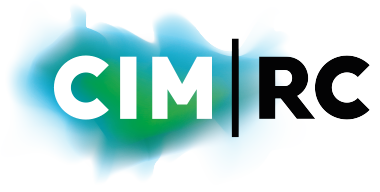
ECLECTIC: Enabling circular economy action plans for small and medium-sized cities EU Driving Urban Transitions (DUT)
ECLECTIC enables strategic action plans for Circular Economy that can effectively contribute to climate-neutral, sustainable, and just development of small and medium-sized EU cities.
Budget: € 952.587,15
Consortium: 9 partners
Duration: Nov 2023 – Nov 2026
Funding: funded by the European Commission under the Horizon Europe Partnership scheme
Circular Economy: Challenges and Opportunities in Cities
C
ities concentrate intense socio-economic activity, which results in high resource consumption, greenhouse gas emissions and the generation of energy, water and material waste. However, they are also centres of intense economic activity, culture and innovation. This makes cities ideal places to test circular economy models aimed at reducing the environmental impacts of human activities.
The circular economy applied to cities seeks to design and manage products, services, infrastructure, buildings and vehicles so that they are durable, modular, locally sourced and easy to maintain or adapt. This model promotes the reduction, reuse, remanufacturing and recycling of resources, creating a local economy that reduces waste and pollution, extends the useful life of products, improves the efficiency of public services and restores local ecosystems.
The transition from a linear to a circular economic model in cities is challenging. Although several European cities have recently implemented circular economy initiatives and plans, there is still a need to develop effective tools that integrate knowledge and scientific evidence with practical actions.
ECLECTIC Objectives
ECLECTIC's main goal is to support local actors in developing, implementing and monitoring circular economy action plans, promoting the transition of cities from linear to circular models.
Throughout the project, local authorities, municipalities, companies and civil society will be involved, seeking to understand cities as interconnected networks of systems where materials and products can circulate in new ways.
To achieve these objectives, the project will:
- Model cities in terms of resource flows and stocks, as well as assessing environmental impacts throughout the life cycle, based on an impact assessment framework.
- Establish four city-region living labs (CiRLabs) to identify, together with stakeholders, their needs and visions, as well as co-select circular economy strategies.
- Monitor circular economy action plans in line with cities' climate plans and strategies through key performance indicators (KPIs).
- Reduce inequalities by selecting circular models, developing just and inclusive circular economy strategies.
CiRLabs: city-region living labs
The city-region living labs (CiRLabs) act as hubs for discussion and co-creation with local actors, dedicated to jointly identifying opportunities, incentive factors, barriers and facilitating elements for the development of sustainable, fair and inclusive circular economy action plans
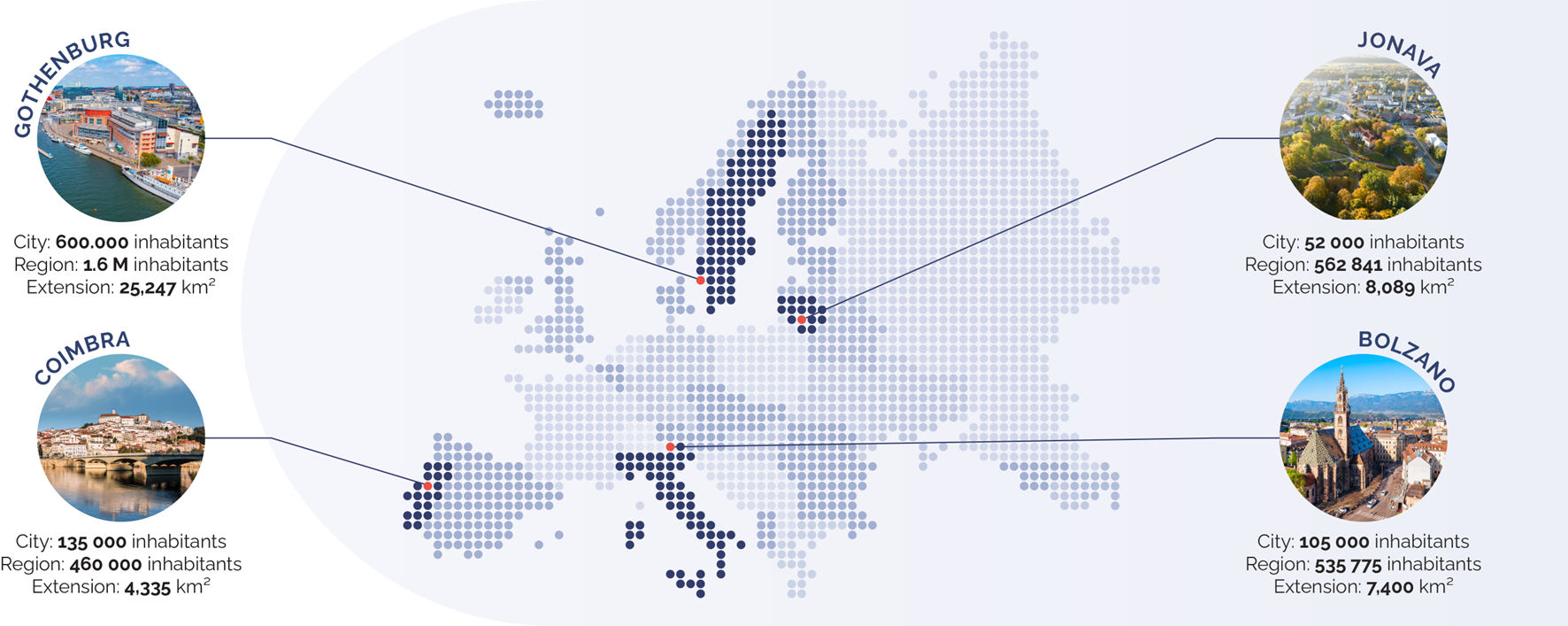

Bolzano, South Tyrol. Adobe Stock/saiko3p

Coimbra, Portugal. Abode Stock/PUNTOSTUDIOFOTO Lda

Gothenburg, Sweden. Adove Stock/dudlajzov

Jonava, Lithuania. Adobe Stock/Jerome Tengg, Wirestock Creators
Who will be involved?
Quintuple Helix Approach
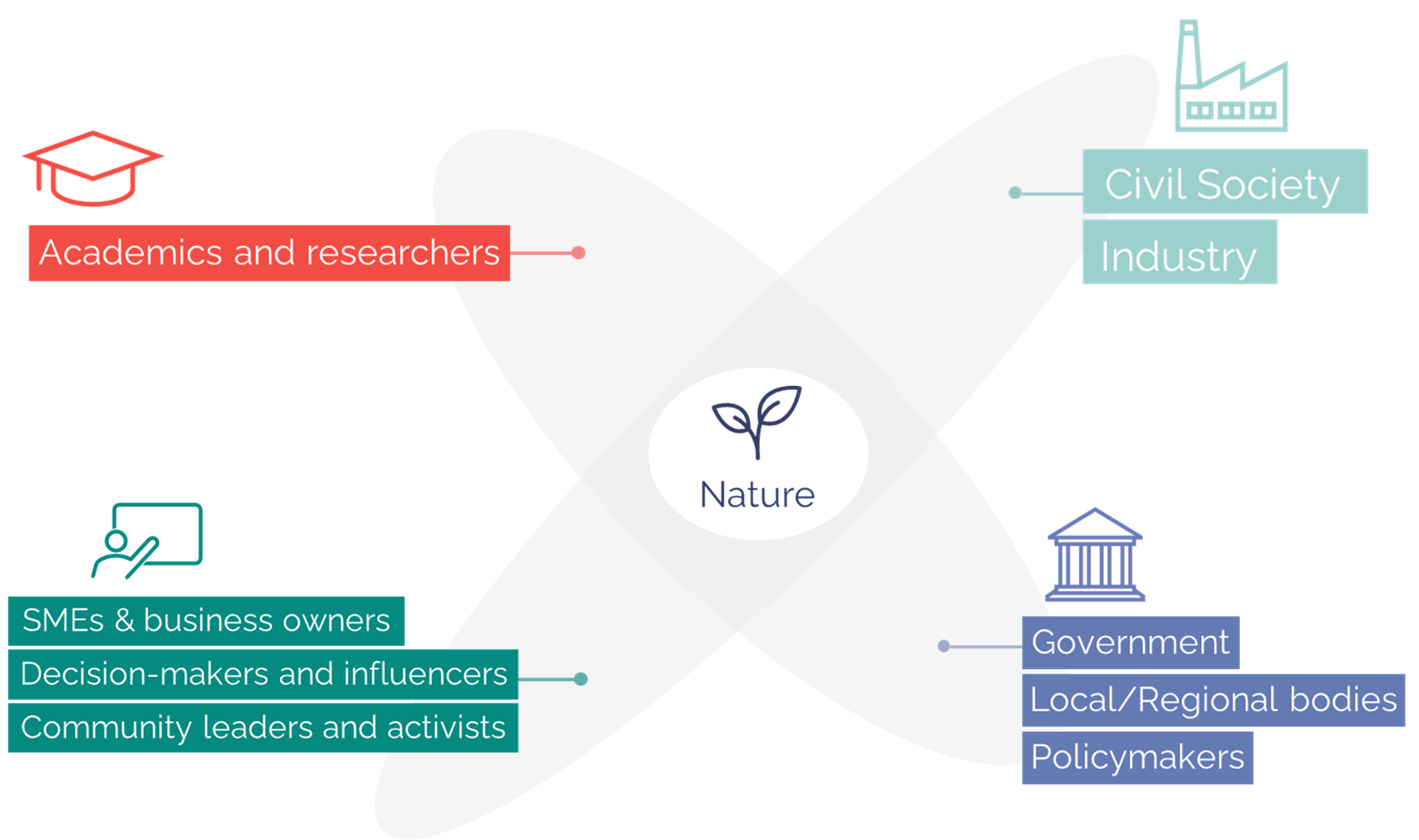
ECLECTIC Outputs
The project will develop a toolkit, a practical and accessible document that will bring together recommendations, metrics, best practices, lessons learnt and educational materials. This toolkit will serve to inspire action and replicate initiatives that promote sustainable and inclusive circular urban regions.
- Design principles for just and inclusive circular economy action plans
- Guidelines for business engagement in circular economy action plans
- Handbook on circular economy policy recommendations for city-regions
- KPIs for monitoring circular economy action plans
- Portfolio of 20+ circular economy solutions
Project Partners
* co-operation partners
Italy

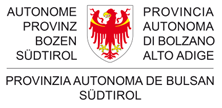
Portugal
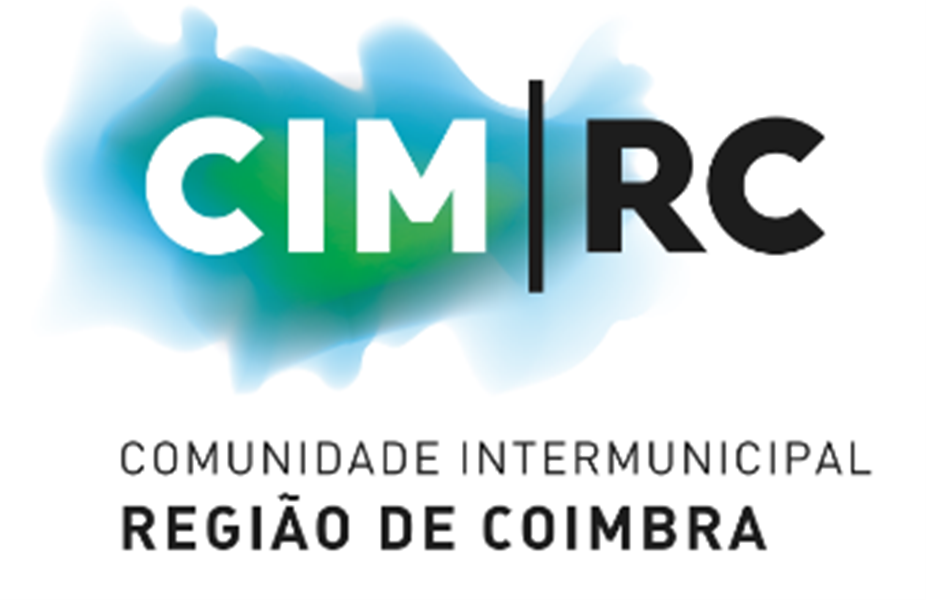


Sweden
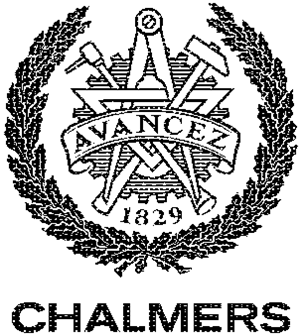

Lithuania
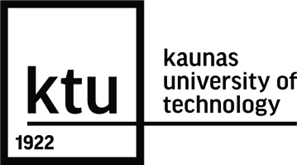

- Chiara Pellegrini, Eurac
- Silvia Zanolin, Eurac
- Simon Pezzutto, Eurac
- Sonia Gantioler, Eurac
- Frederico Voltolini, Eurac
- Jessica Balest, Eurac
- Riccardo Fraboni, Eurac
- Silvia Tomasi, Eurac
- Nicolas Caballero, Eurac
- Paula Silvestre, CIM-RC
- Sérgio Caetano, CIM-RC
- Beatriz Pereira, CIM-RC
- Nelson Soares, UC
- Rita Garcia, UC
- Mariana Gonçalves, UC
- Érica Castanheira, IPC
- Carla Rodrigues, IPC
- Joana Ramos, IPC
- Sónia Chelinho, IPC
- Daniel Ferreira, IPC
- Leonardo Rosado, CUT
- Jonathan Cohen, CUT
- Lina Dagulienè, KUT
- Jurgita Bruneckienè, KUT
- Visvaldas Varžinskas, KUT
Contacts
- Chiara Pellegrini
Project manager
Contacts
- Silvia Zanolin
Project assistant

This project has been funded by Formas, FCT, LMT and MUR under the Driving Urban Transitions Partnership, which has been co-funded by the European Union.

